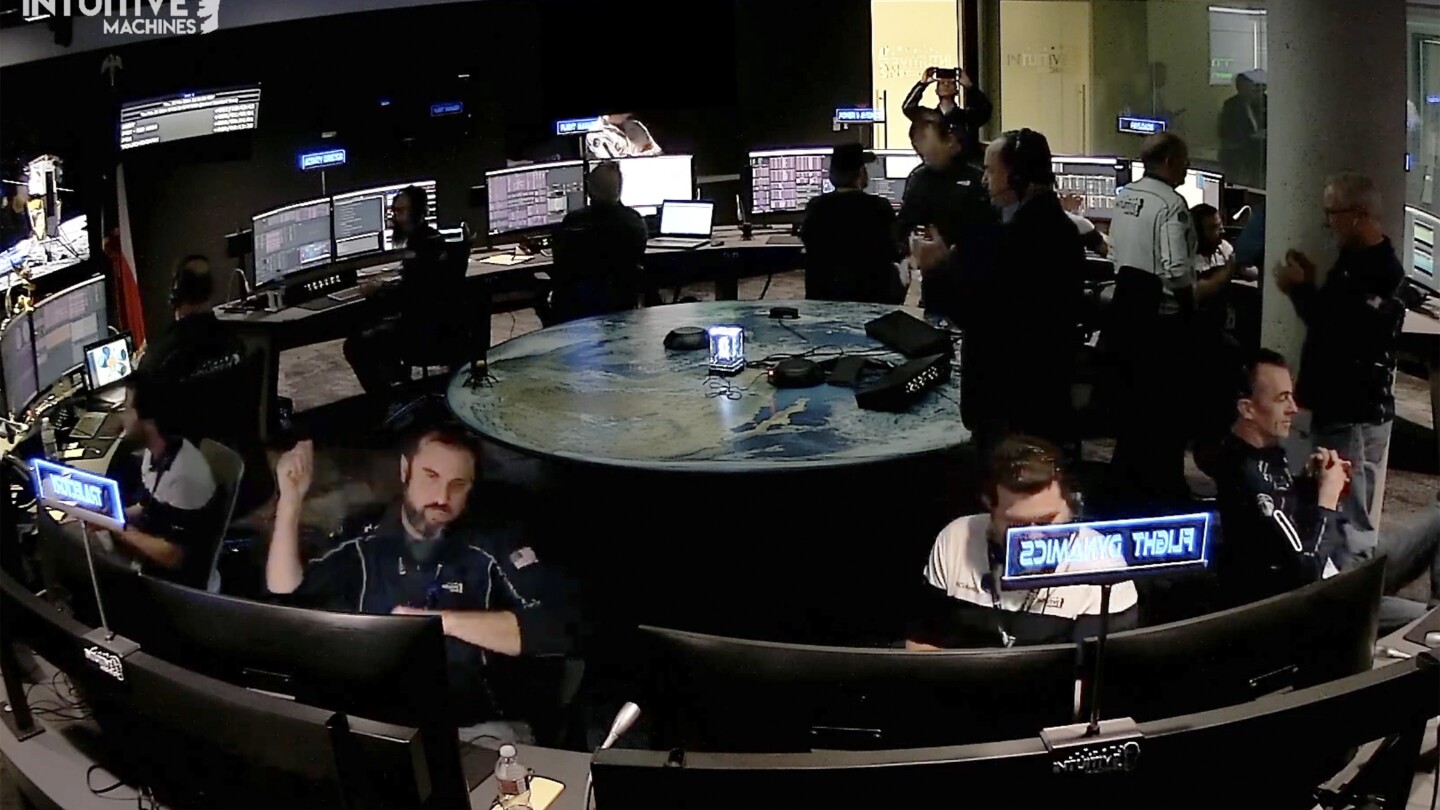I’ve started preparing for my HAM radio license. Figure communications might become very important at some point in the future. License because I’ll be able to learn things before… well, before I won’t be concerned about a license.
- Posts
- 12
- Comments
- 18
- Joined
- 3 yr. ago
- Posts
- 12
- Comments
- 18
- Joined
- 3 yr. ago
News @lemmy.world The State Fair of Texas is banning firearms, drawing threats of legal action from Republican AG
News @lemmy.world Plea deal with accused 9/11 plotters revoked - US government
Lemmy Shitpost @lemmy.world Trump's answer today reminded me of his infamous "Nuclear" quote.
Political Memes @lemmy.world Trump's answer today reminded me of his infamous "Nuclear" quote.
News @lemmy.world TRUMP GUILTY ON ALL 34 COUNTS
Technology @lemmy.world Neuralink looks to the public to solve a seemingly impossible problem
World News @lemmy.world Fort McMurray residents told to be ready to evacuate on short notice due to wildfire threat
News @lemmy.world Gunfire and blaze at Moscow concert hall, reports say
News @lemmy.world Private lander makes first US moon landing in more than 50 years, but signal weak
World News @lemmy.world Ex-FBI source charged with Biden lies is tied to Russian intelligence, prosecutors say
World News @lemmy.ml Ex-FBI source charged with Biden lies is tied to Russian intelligence, prosecutors say
News @lemmy.world Trump seeks Supreme Court pause in 2020 election case






Hey buddy. About your mom... know that this internet stranger is taking a moment to hope you're doing ok. Whoever and wherever you are.
I have thoughts about your post. But that doesn't matter right now.
Sincerely, all the best to you and yours.